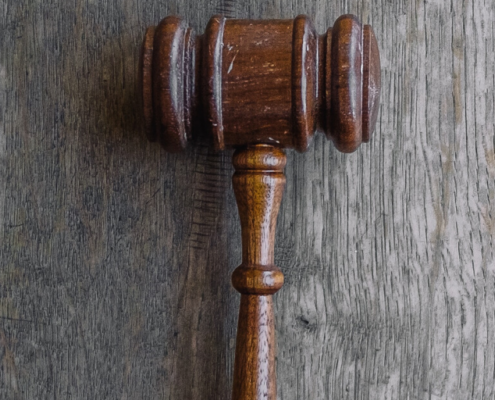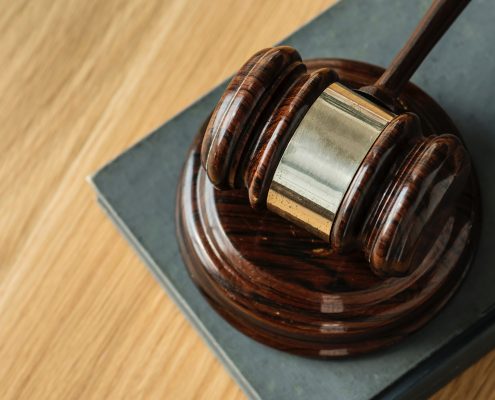Posts

Harassment Charges in Berks County Dismissed – March 2020
Criminal Law, Litigation
Last month, Attorney Joel Ready obtained dismissal of harassment charges in Berks County. The charges had been filed against a defendant over an alleged dispute with an ex-girlfriend. After oral argument in front of a Berks County Magisterial…

Criminal Trial Attorneys in Berks County
Criminal Law, Litigation
If you are facing criminal charges in Berks County, Pennsylvania, you will find yourself facing several very important questions as you strategize how to handle your case. The chief among all these questions is whether you should go forward…

Why You Shouldn’t Ignore a Writ of Summons
Lawsuit
If you’ve been served with a Writ of Summons in Schuylkill County, Pennsylvania or, in any other county in Pennsylvania for that matter, it’s extremely important that you do not ignore it. A Writ of Summons is the beginning of a lawsuit,…

What is Probate?
Estate Administration, Probate
When a loved one passes away, the details can be overwhelming. Those left behind are suddenly confronted with a myriad of strange vocabulary to learn and figure out what to do with. One common word that you’ll begin hearing is “Probate.”…

Default Judgment
Lawsuit
When you fail to respond
to a lawsuit filed against you, the court will grant the other party whatever
relief they were seeking in their Complaint. This is known as a “default
judgment.” In this post, we’ll discuss default judgments,…
